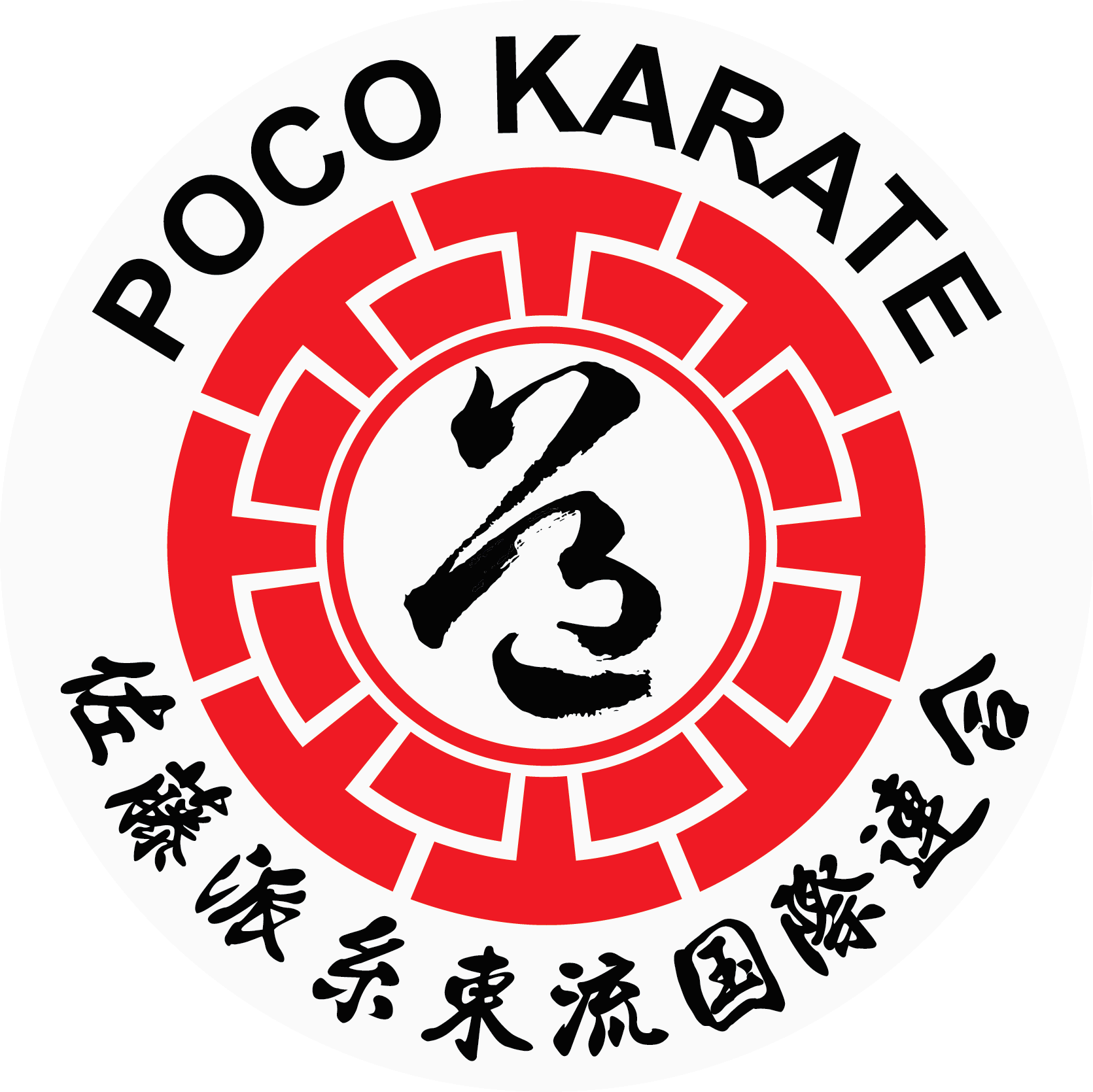Everything is a choice
- pocokarate
- Dec 20, 2023
- 3 min read
Updated: Dec 25, 2023
Prepare to be a little uncomfortable about what I am about to say.
Everything you think, do, or feel is a choice...a choice that you have made.
The natural reaction to this statement is going to be "What about when this/that happens to me?" ie: "Outside influences forced this upon me, and I had no choice but to..."
This is a bit of a trap that we allow ourselves to fall into. We all do it. We attempt to avoid responsibility for our actions by pretending that the locus of control is entirely external to ourselves. It is very important for someone pursuing "Do" (道: Way or Journey) to become mindful of the choices we make behind the seemingly automatic responses that we have to our interactions with the world around us. One of the key principles in self defence is to learn to avoid unnecessary conflict, particularly violent conflict. And when thinking about conflict, we are often preoccupied with a focus on the other party involved. ie: "They brought this upon themselves." or "This would have never happened if they hadn't..." We need to examine ourselves a little more closely and attempt to liberate ourselves from the trap of our seemingly automatic responses by re-evaluating the underlying choices we have made.
Let's examine the following simple statement:
"I hate <insert name> for what they did to me".
Yes, it may be a very awful circumstance, but at the root of this statement there is still a choice. A choice to hate. A choice that was not made by someone else. No matter how heinous their actions, the 3rd party didn't force the subject to automatically hate them.
Here's another statement that sets us up for seemingly automatic responses:
"It's infuriating when someone without a parking pass parks in that parking space."
Yes, it's not right when people behave badly, but this statement is more about the person giving themselves permission to be angry when the specific trigger occurs. Your brain is waiting, if not looking forward to, satisfying this ambiguous condition and choosing to be angry.
Here's a few more statements to consider:
"I could never forgive someone that <insert grievance here>"
"If they do <insert grievance here> one more time, I'm going to <insert chosen response here>".
"What is wrong with you people?"
These are pretty extreme examples. Every single one of these statements contains choices that dangerously govern our thoughts and actions going forward by promoting anger, hate, and prejudice.
A more subtle statement might be like the following:
"Why does it always have to rain when I get my day off?"
There are possibly some choices being made about how to perceive the fairness of the world around them, and, perhaps less likely, a belief that they can somehow influence the weather.
It is not an easy task, but if we try to become a little more mindful of these kinds of statements that we tell ourselves, we can start to re-frame our thinking and allow ourselves a chance to make better and timely choices. For example:
"What would I need to do to be able to forgive someone that <insert grievance here>?"
"What are my options if they <insert grievance here> again?"
"Why are people acting this way today?"
You might be thinking: "This is silly. Everyone thinks these kinds of things, but I would never behave that way. It's just something you say. I know not to act on it". Think of it like this: These thoughts and choices are a way of training your mental reflexes so that your response will happen before you are consciously able to stop it.
By allowing ourselves more freedom of choice in the moment, we liberate ourselves from the flawed thinking that our thoughts, actions, and feelings are somehow being controlled by external forces. We won't hand over the reins to a half-baked contingency plan involving the emotions that are least likely to keep us out of unnecessary conflict.










Comments